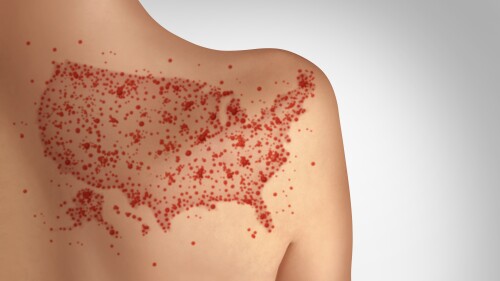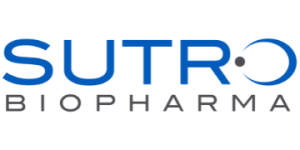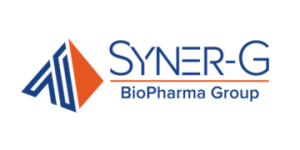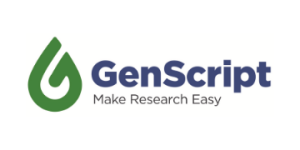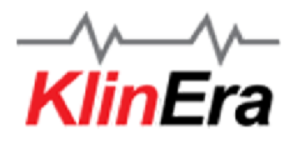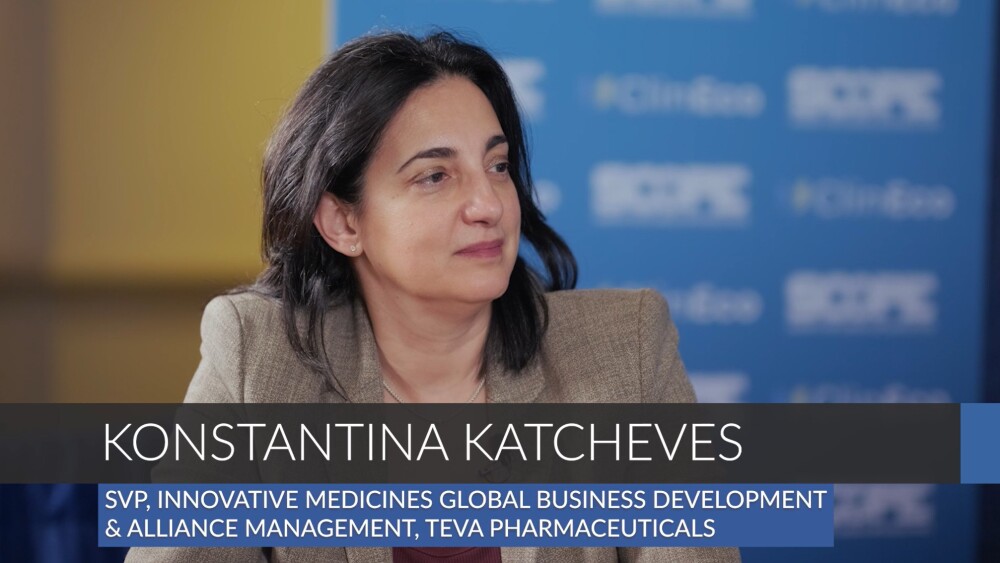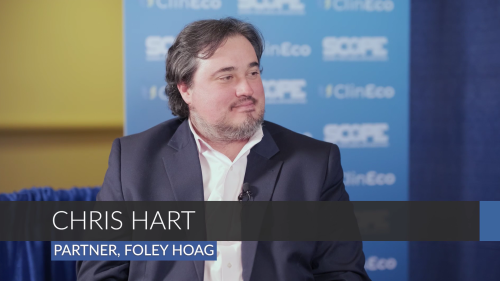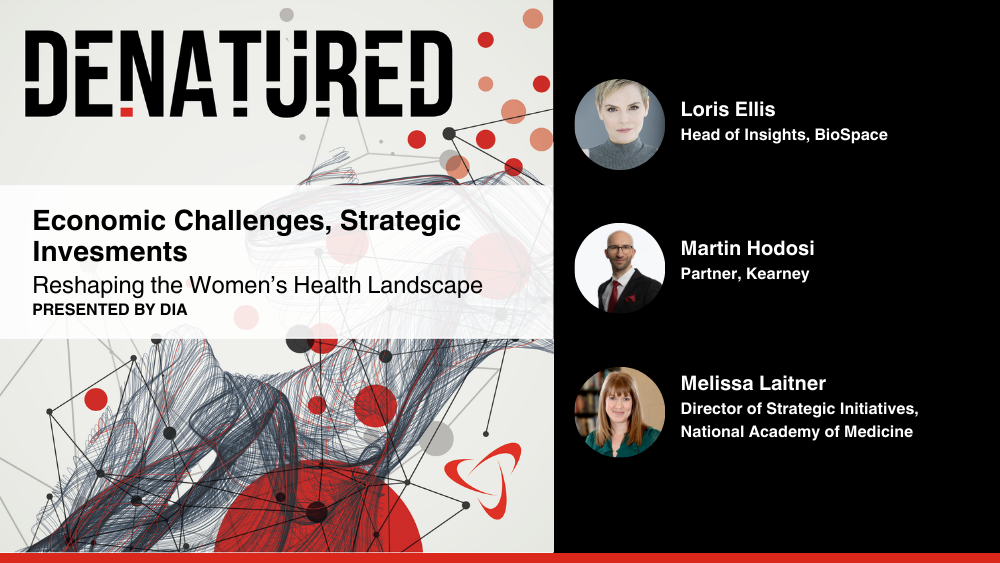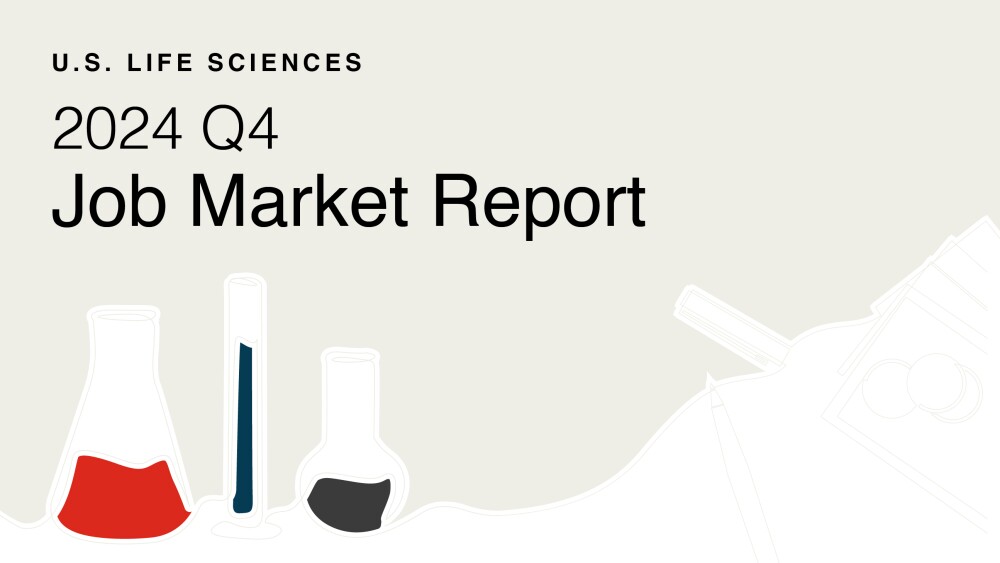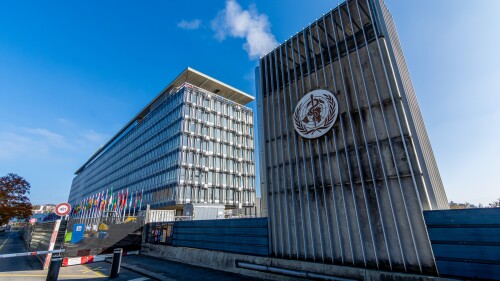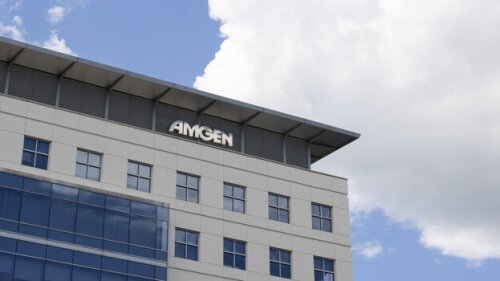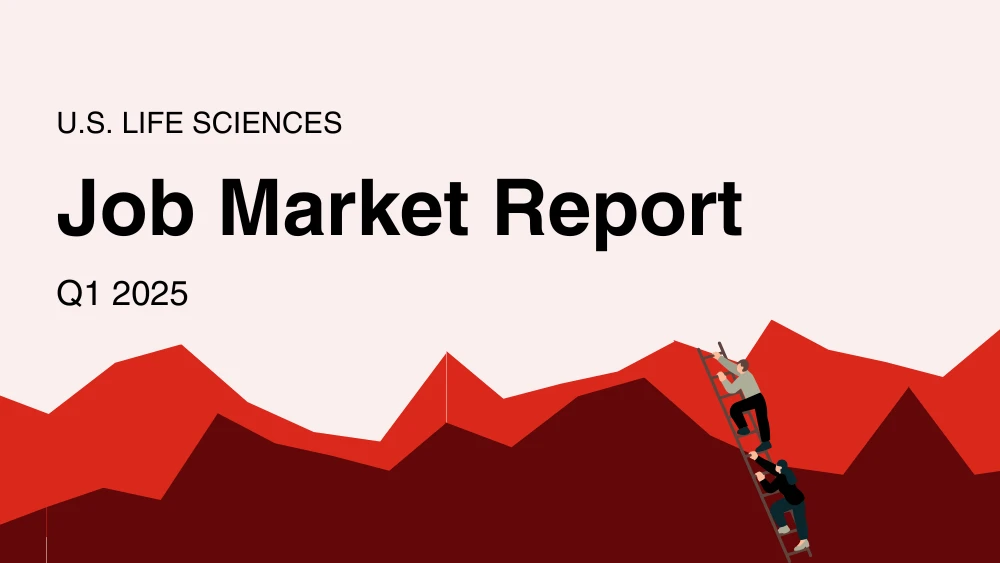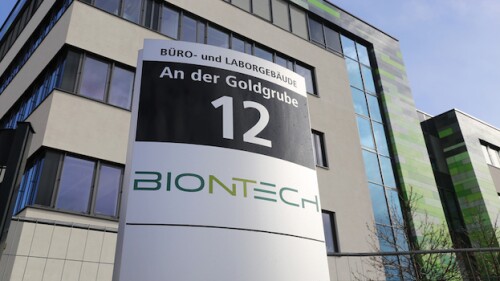The late-stage results come in advance of pivotal data that Ionis expects to provide for its antisense oligonucleotide Tryngolza in the third quarter, building up toward a regulatory submission in hypertriglyceridemia by year-end.
In an interview on Friday, FDA Commissioner Marty Makary threw his weight behind psychedelic therapies, noting that patients taking these substances experience significant benefits for various neuropsychiatric conditions.
Govorestat failed to meet its primary endpoint in a Phase II/III trial for a rare form of Charcot-Marie-Tooth disease, a few months after the FDA rebuffed the same drug in a similar indication.
Regeneron promised to comply with 23andMe’s consumer privacy policies and related data security laws.
Taking center stage at the American Society of Gene and Cell Therapy meeting was the first-ever reported case of a personalized in vivo CRISPR editing therapy, which substantially eased the symptom burden in an infant.
The restrictions on Novavax’s vaccine could portend changes at the FDA. Commissioner Marty Makary suggested last week that the agency could update its vaccine approval guidelines “in the coming days.”
FEATURED STORIES
The Most Favored Nation order is unlikely to deliver broad, sustained savings without triggering legal challenges, administrative friction and unintended consequences for both the healthcare sector and patient access.
While sparking excitement among biopharma companies focused on rare and ultrarare indications, experts say FDA Commissioner Marty Makary’s proposal is light on details and raises potential concerns about safety, access and liability.
The FDA and NIH recently announced plans to phase out animal testing requirements for some therapies. While organoid and AI providers celebrate, scientists warn that questions over safety, applicability and implementation remain.
FROM BIOSPACE INSIGHTS
Konstantina Katcheves, Senior VP of Innovative Global Business Development at Teva Pharmaceuticals brings insights from the World Economic Forum to SCOPE 2025.
LATEST PODCASTS
As Q1 2025 earnings season continues, tariffs remain top of mind for pharma CEOs and investors. Meanwhile, the American Association for Cancer Research’s annual event kicks off this year’s oncology conference season. Plus, will the FDA become politicized under HHS Secretary RFK Jr.?
In this episode presented by DIA, BioSpace’s head of insights Lori Ellis discusses how collaboration and investment shape the the future of women’s health with Martin Hodosi, partner at Kearney and Melissa Laitner, director of strategic initiatives at the National Academy of Medicine.
FDA Commissioner Marty Makary talks about his plans to revamp drug development and reduce ‘conflicts of interest’ between the agency and pharma industry; Roche and Regeneron jump on the U.S. manufacturing train as Trump’s tariffs loom; and Eli Lilly scores a big win for orforglipron while Novo Nordisk reveals it has applied for FDA approval of its oral semaglutide.
Job Trends
Bristol Myers Squibb has made significant cuts to its workforce since last year as part of a strategic reorganization aimed at saving $3.5 billion through 2027. The latest cuts in Lawrenceville, New Jersey, bring that area’s total number of disclosed cuts this year to 806.
Subscribe to Genepool
Subscribe to BioSpace’s flagship publication including top headlines, special editions and life sciences’ most important breaking news
SPECIAL EDITIONS
Year-over-year BioSpace data show there were fewer job postings live on the website in the fourth quarter of 2024, and the decrease was higher than the third quarter’s drop.
The J.P. Morgan Healthcare Conference started off with a flurry of deals that reinvigorated excitement across the biopharma industry. Johnson & Johnson moved to acquire Intra-Cellular Therapies for $14.6 billion, breaking a dealmaking barrier that kept Big Pharma’s 2024 biotech buyouts to under $5 billion.
In this deep dive BioSpace explores the opportunities and challenges presented by the FDA’s accelerated approval program.
DEALS
-
GSK secures rights to Boston Pharmaceuticals’ efimosfermin alfa, which the pharma plans to develop for fatty liver diseases such as metabolic dysfunction-associated steatohepatitis and alcohol-related liver disease.
-
It’s another wild twist in the story of Galapagos, a company that has been around for more than 25 years but has yet to get a therapy approved.
-
M&A and IPOs got off to a quick start in 2025 only to crash into a wall of policy challenges. Upfront payment for licensing transactions, however, grew as pharmas looked for less-risky deals.
-
The Alchemab deal will further strengthen Lilly’s early-stage pipeline for amyotrophic lateral sclerosis, coming less than a year after the pharma licensed QurAlis’ antisense oligonucleotide to correct a specific protein alteration in ALS.
-
After multiple rounds of layoffs that cut Kronos down to just 10 people, the small molecule biotech has accepted a buyout offer from Kevin Tang’s Concentra Biosciences.
WEIGHT LOSS
-
A new executive order aims to smooth the path for getting U.S. manufacturing facilities up and running; HHS says it will require placebo-controlled trials for all vaccine approvals; tariff threats hit BioNTech; Novo Nordisk’s FDA application for an oral version of Wegovy is accepted; and more.
-
The FDA accepted Novo Nordisk’s NDA for an oral formulation of Wegovy. The agency is expected to release its verdict on the drug in the fourth quarter of this year.
-
In an internal memo, the World Health Organization signaled its support for anti-obesity drugs like Wegovy and Zepbound, which the agency decided against listing in 2023, the last time the Essential Medicines list was updated.
-
Like fellow Big Pharmas Eli Lilly and Johnson & Johnson, Amgen is urging the Trump administration to consider tax policy instead of tariffs to promote domestic pharma manufacturing.
-
Eli Lilly CEO David Ricks is confident that weight loss med Zepbound is gaining market share at the expense of Wegovy, even as its rival strikes deals with CVS and Hims & Hers pharmacies.
POLICY
-
While industry groups decried the Trump administration’s new drug pricing order, analysts say it lacked details and the teeth to make a major impact without an act of Congress.
-
The package revives President Donald Trump’s much-maligned Most Favored Nation rule but goes further into the private markets and beyond, leveraging the patent system, drug importation and more.
-
The FDA and CDC have also recommended pausing the use of Ixchiq in seniors 60 years and older while safety investigations are ongoing.
-
As the Trump administration slashes funding for HIV-related research and infrastructure, Gilead, Immunocore and more are targeting the next goalpost: a cure.
-
With President Donald Trump expected to deliver a drug pricing order on Monday that Big Pharma and patient groups alike have railed against, the industry’s tumultuous ride is far from over.
A BioSpace LinkedIn poll found that job ghosting and ghost jobs are the biggest pet peeves for applicants now. Recruitment Manager Greg Clouse offers advice on dealing with them.
M&As are stressful for multiple reasons, including role changes and getting laid off when staffs combine. Two talent experts share tips for navigating the transition period of your company’s merger or acquisition.
Looking for a biopharma job in New Jersey? Check out the BioSpace list of eight companies hiring life sciences professionals like you.
Turn your career aspirations into reality with this step-by-step guide to creating and implementing a strategic professional development plan for 2025.
Being laid off is bad enough. When companies mishandle the layoff process, it can make the situation even worse. Four biopharma professionals share how some employers are getting it wrong.
Job postings in California took a dip in December during the holiday period, but activity is expected to pick up in January.
HOTBEDS
REPORTS
Year-over-year BioSpace data show biopharma professionals faced increased competition for fewer employment opportunities during the first quarter of 2025.
The 9% average salary increase from 2023 to 2024 was the largest for life sciences professionals since 2021. Several factors could be behind the spike, including companies providing higher pay because bonuses and stock compensation went down.
Landing a job remains challenging for life sciences professionals, according to a new BioSpace report. While 59% of surveyed organizations are actively recruiting, nearly half of unemployed survey respondents had been out of work for at least six months, and 20% of surveyed employers expect to lay off employees this year.
CANCER
-
The cell engineering company, co-founded by oncologist and writer Siddhartha Mukherjee, does not see a path forward for its pipeline of early-stage cell therapies for two different types of cancer.
-
The Massachusetts biotech will focus its efforts and resources into cemsidomide, an oral drug candidate being trialed for multiple myeloma and non-Hodgkin lymphoma.
-
Keytruda is set to lose exclusivity in 2028, meaning Summit may face competition from cheaper biosimilars. Meanwhile, other branded drugmakers are also seeking to improve on the blockbuster checkpoint inhibitor.
-
BNT327, a PD-L1/VEGF therapy, is still currently being manufactured in China, but BioNTech is working to establish a diversified supply chain, executives said during the company’s Q1 investor call.
-
On the FDA’s docket this month are two expansion bids, one for GSK’s asthma drug Nucala into COPD and another for Merck’s oral cancer drug for a pair of rare tumors.
NEUROSCIENCE
-
Announcing first-quarter results, Biogen CEO Chris Viehbacher admitted that tariffs are “a new topic for us,” but said he does not expect major impacts—at least for 2025.
-
According to CEO Daniel Vitt, clinical and disability-related outcomes are more relevant than brain volume change for drug development in multiple sclerosis.
-
As Q1 2025 earnings season continues, tariffs remain top of mind for pharma CEOs and investors. Meanwhile, the American Association for Cancer Research’s annual event kicks off this year’s oncology conference season. Plus, will the FDA become politicized under HHS Secretary RFK Jr.?
-
Following the recent discontinuations of assets in Alzheimer’s and migraine, AstraZeneca is stepping away from neuro altogether.
-
Biohaven will use the money to bankroll commercial preparations for the spinocerebellar ataxia drug candidate troriluzole, which is currently under FDA review with a decision expected in the third quarter.
CELL AND GENE THERAPY
-
As tariffs, HHS workforce cuts and the ouster of CBER Director Peter Marks threaten the “lifeblood” of the cell and gene therapy space, experts express wariness over the unknowns and optimism that Marks’ legacy will carry on.
-
The cell and gene therapy company is cutting 47 employees and its entire lupus program to focus resources on two CAR Ts. The move follows a reconfiguration last year to move into immunology.
-
Paul Stoffels left his perch as J&J’s chief scientific officer in 2022 to replace Galapagos’ founding CEO Onno van de Stolpe, inheriting a company that had suffered a series of clinical failures since its 1999 creation.
-
Despite making an unsolicited bid for gene therapy maker bluebird bio, Ayrmid failed to deliver a binding offer after weeks of due diligence. Bluebird’s board recommended that it go with Carlyle and SK Capital Partner’s original offer to take the company private for $30 million.
-
Stifel analysts said that Lexeo’s data showing reduced size and thickness of the heart’s left ventricle are “supportive of a drug effect” for the company’s gene therapy in Friedreich’s ataxia cardiomyopathy.


